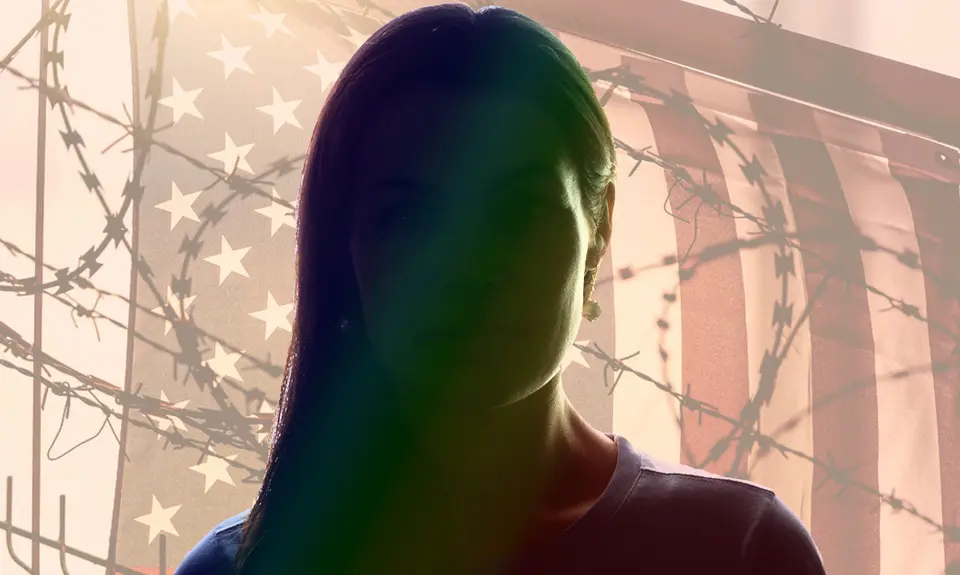“Confirmed Judges, Confirmed Fears” is a blog series documenting the harmful impact of President Trump’s judges on Americans’ rights and liberties. Cases in the series can be found by issue and by judge at this link.
Trump Eighth Circuit Judge Ralph Erickson cast the deciding vote to reject a petition for review of a Board of Immigration Appeals (BIA) ruling ordering that an immigrant from South Sudan should be deported there, even though an Immigration Judge (IJ) found that the immigrant would likely be tortured if forced to return there. The July 2020 case is Lasu v. Barr.
Sobura Juma Lasu was admitted to the US as a refugee from South Sudan in 2000. In 2018, the Department of Homeland Security (DHS) sought to deport Lasu because of convictions on drug charges involving marijuana, and Lasu applied for withholding of removal under the Convention Against Torture. An IJ granted Lasu withholding of removal to South Sudan because he would likely be tortured there, due to his membership in an ethnic minority tribe and the “ongoing ethnic violence” in the country. The IJ did find, however, that Lasu should be deported to Egypt, where he was born.
Not satisfied with that result, DHS appealed to the BIA, which reversed the IJ. The BIA claimed that the IJ decision was clearly erroneous because the record did not support the conclusion that Lasu was more likely to be tortured because of his ethnicity and because “the existence of a consistent pattern of gross, flagrant, or mass violation of human rights in a particular country does not, as such, constitute a sufficient ground for determining that a particular person would be in danger of being subjected to torture upon his or her return to that country.” Lasu sought review in the Eighth Circuit.
In a 2-1 decision in which Trump judge Erickson was the deciding vote, the court of appeals rejected Lasu’s petition. While acknowledging that the BIA opinion was not a “picture of clarity,” the majority claimed that Lasu had failed to show he would be “personally at risk” of torture upon deportation to South Sudan.
Judge Jane Kelly firmly dissented because the BIA had failed to provide sufficient justification to overturn the IJ. She explained that the IJ had done much more than find that “gross and flagrant human rights violations” are occurring in South Sudan, including “ethnically based targeted killings,” and the “torture, intimidation and unlawful detention” of people, all part of a “system of ethnic cleansing” by the majority Dinka tribe. The IJ specifically found that because Lasu is a member of a minority tribe being targeted by the majority, Kelly went on, he is “particularly at risk” and will “likely be targeted for torture” by the government if he is sent back there.
Kelly concluded that the record before the IJ showed that the “government’s program of ethnic cleansing specifically targets all ethnic minorities for torture, and even death,” which is “more than sufficient, under our case law, to show Lasu’s risk of torture in South Sudan.” As a result of Erickson’s deciding vote, however, Lasu will not remain in the US or even be sent to his native country of Egypt. Instead, DHS will send him to a country where he is likely to suffer torture and possible death.
